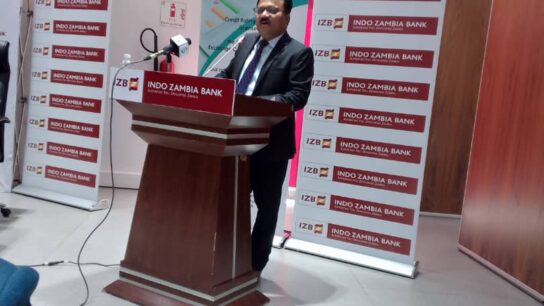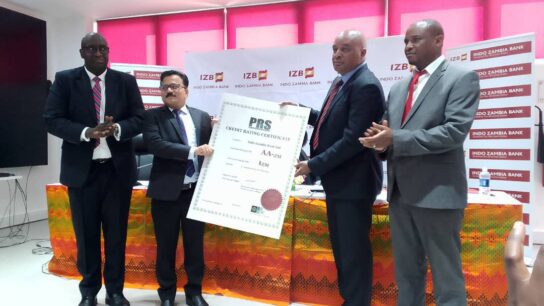The Bridges Consortium last week in Lusaka presented to Zambia’s largest conference on the Topic “leveraging Border Cities for sustainable economic development.”
The Presentation was made by Bridges Consortium Chairperson Gai’us Mwangana King who later on joined an astute panel in an attempt to unpack the theme.
Key Highlights from Mr. King’s Presentation included Zambia’s prime geo economic location among others in Africa with a unique land and water access to 10 African countries that are Angola, Botswana, Namibia, Zimbabwe, Mozambique, Malawi, Tanzania, Democratic Republic of Congo including Burundi and Rwanda through the Great Lakes region.
Mr. King also noted on the importance of opening up the Lobito Corridor as a fundamental trade enabler for the region between Zambia, DR Congo & Central Africa offering up to 1,146 km shorter haulage as an alternative to the Walvis Bay Corridor & South African ports.
“The Lobito Corridor as an important gateway for industrial and agricultural goods produced in Central and Southern Africa, is an enabler to the Smart (Green) City which benefit the country, especially the North Western part.”
“The corridor offers a shorter and hence faster access for exports to and imports from Europe, South and North America and supporting this corridor with critical infrastructure such as cities and farm blocks is of prime paramount economic importance” Mr. King indicated.
He also initiated a thinking mode towards embracing border cities and shared an insight of global examples of border cities such as Mongolia-China, Elpaso on US-Mexico Border, Vancouver and El-savado
He concluded by pointing out on the social & economical report effects of the Gabriel King Smart City. Chief Among them; the City will serve as an access point for Trade between Zambia and Angola, the Democratic Republic of Congo inclusive.
The City will also house Organic and Commercial Farm Blocks each seating on 15,000 hectares of land.
“The future of building, improving existing cities and building new ones is of paramount importance.” Mr. King said.

The Panel Moderated by Tim Ware, Managing Director Zambia, Knight Frank had Mwanda Phiri (Africa Lead Chatter Cities Institute) Simon Gouweloos (Senior Transactor and Team leader: Real Estate Finance, Standard Bank) and Dr. Francis Ndilila (Principal Architect, Ndilila Associates, Architects and Project Managers).







